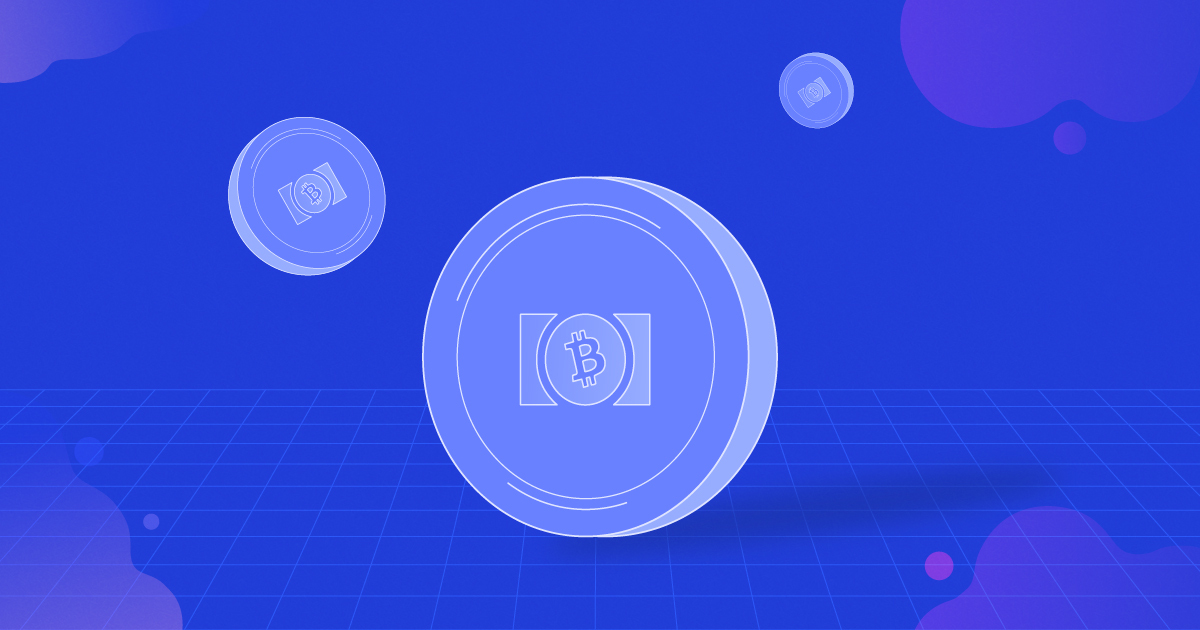A Bitcoin fork takes place when network members decide to make changes to the protocol of Bitcoin. Thus forming two blockchains with different protocols. This is done by making changes to the initial code of Bitcoin. These forks can be hard or soft.
A soft fork allows users of the new protocol to interact with the old protocol. However, a hard fork does not allow for this. One such hard fork led to the creation of Bitcoin Cash (BCH). Let us dive deeper into Bitcoin Cash and understand how it functions!
Understanding the Problem
Before we delve into what Bitcoin is, we need to understand the problem it aims to solve. To do that, we need to go back to Bitcoin.
In 2009, Bitcoin reimagined the important realities of our world economically and technologically. However, it soon became evident that Bitcoin had its issues. Bitcoin is slow when it comes to generating blocks. It takes about 10 minutes to generate one block. The block size is also limited to 1MB. In addition to that, it only processes seven transactions per second.
These qualities work well for a store of value that has low transactions like Gold. But Bitcoin aimed to be a peer-to-peer electronic cash system in its original paper. It was failing badly. Contemporary financial systems like VISA were faster than Bitcoin. Even today, Visa can transact more than 65,000 transactions per second. This is very high as compared to Bitcoin.
Read About: Is Bitcoin Sustainable?
As the Bitcoin network grew, it started getting bottlenecked. At that time, two factions had a solution. One preferred small-block solutions and the other that has large-block solutions.
Big blocks work faster. However, big blocks can only be processed by a few nodes. This reduces decentralisation. Smaller blocks work slowly. However, they can be processed by a lot of nodes. Thus, maintaining the security due to decentralisation. As such speed and security exist on a spectrum for Bitcoin.
Bitcoin Cash: The Basics
Bitcoin Cash is the result of a Bitcoin hard fork that took place in 2017. The trigger for this was rising transaction fees that led to heated discussions around block size. At the time, the large block size faction wanted to push for a system that could scale and compete with VISA. The new system would provide VISA’s throughput levels without using second-layer solutions while keeping transaction costs affordable.
Read About: What Is Blockchain Layers?
As such, a hard fork took place and the block size was increased to 32 MB. This allowed Bitcoin Cash to increase the transaction limit. As such, the value proposition of Bitcoin Cash is cheap peer-to-peer transactions. Bitcoin Cash aims to act as a peer-to-peer electronic cash system.
How Does Bitcoin Cash Work?
Bitcoin Cash is a distributed time-stamped ledger. It stores the remaining amount of crypto-asset after making a transaction. These transactions are recorded in chains where data can only be added (append-only) in 32 MB data blocks. This process is maintained by a network of economic and mining nodes.
These nodes are responsible for validating new transactions. Moreover, they compete with each other to include pending transactions in new blocks. The Economic nodes receive transactions from participants and validate them. The validation is done according to the network consensus rules. The network’s mempool is then populated with valid transactions.
Here the mining nodes compete with each other to empty the mempool. The mining nodes confirm the transactions by including them in newer blocks. Transactions with higher transaction fees are added first. Moreover, Bitcoin Cash uses a Proof-of-Work consensus mechanism to maintain security on the network.
The BCH Token: A Snapshot
The BCH token is the native token of the Bitcoin Cash network. Just like Bitcoin (BTC), the total supply of BCH is capped at 21 million. The rate of adding new coins gradually decreases. The issuance rate gets cut in half every four years.
The BCH token can be used for peer-to-peer payments and value storage on the Bitcoin Cash network. In addition to that, BCH holders can stake their tokens to secure the network. This allows BCH token holders to get BCH rewards. BCH also allows token holders to have governance power.
Knowing what you know now about the BCH token, We are sure you are wondering, “Where to buy BCH from?”. Now, you can buy the BCH token with ZebPay.
Final Thoughts
Bitcoin Cash is a crypto asset that can be used as peer-to-peer electronic cash. It has a larger block size than Bitcoin. This allows for faster transaction speed. It also enables a higher transaction throughput without using second-layer solutions. The native token of the crypto asset is the BCH token. It is used as a medium of exchange and for peer-to-peer transactions.

